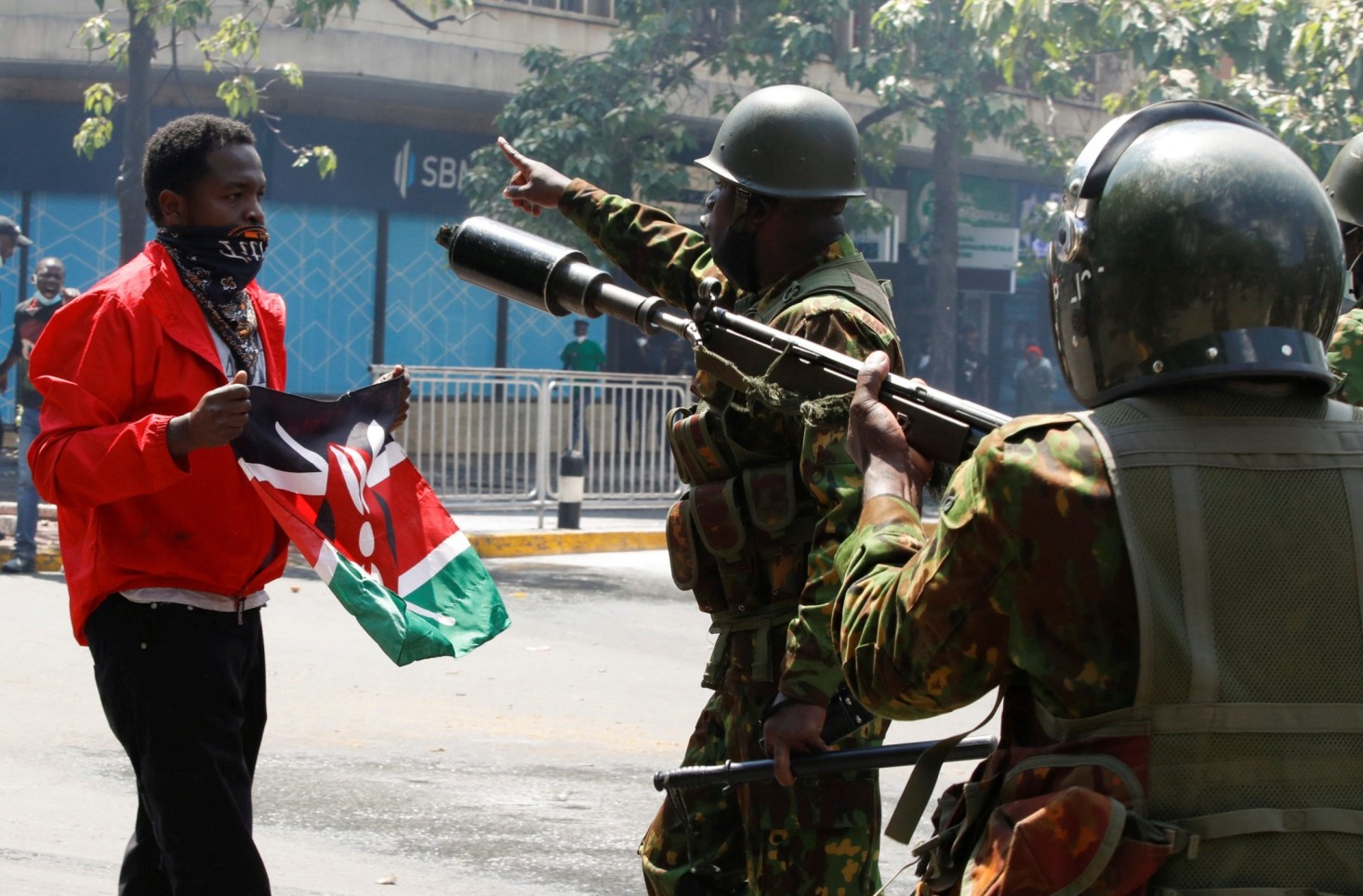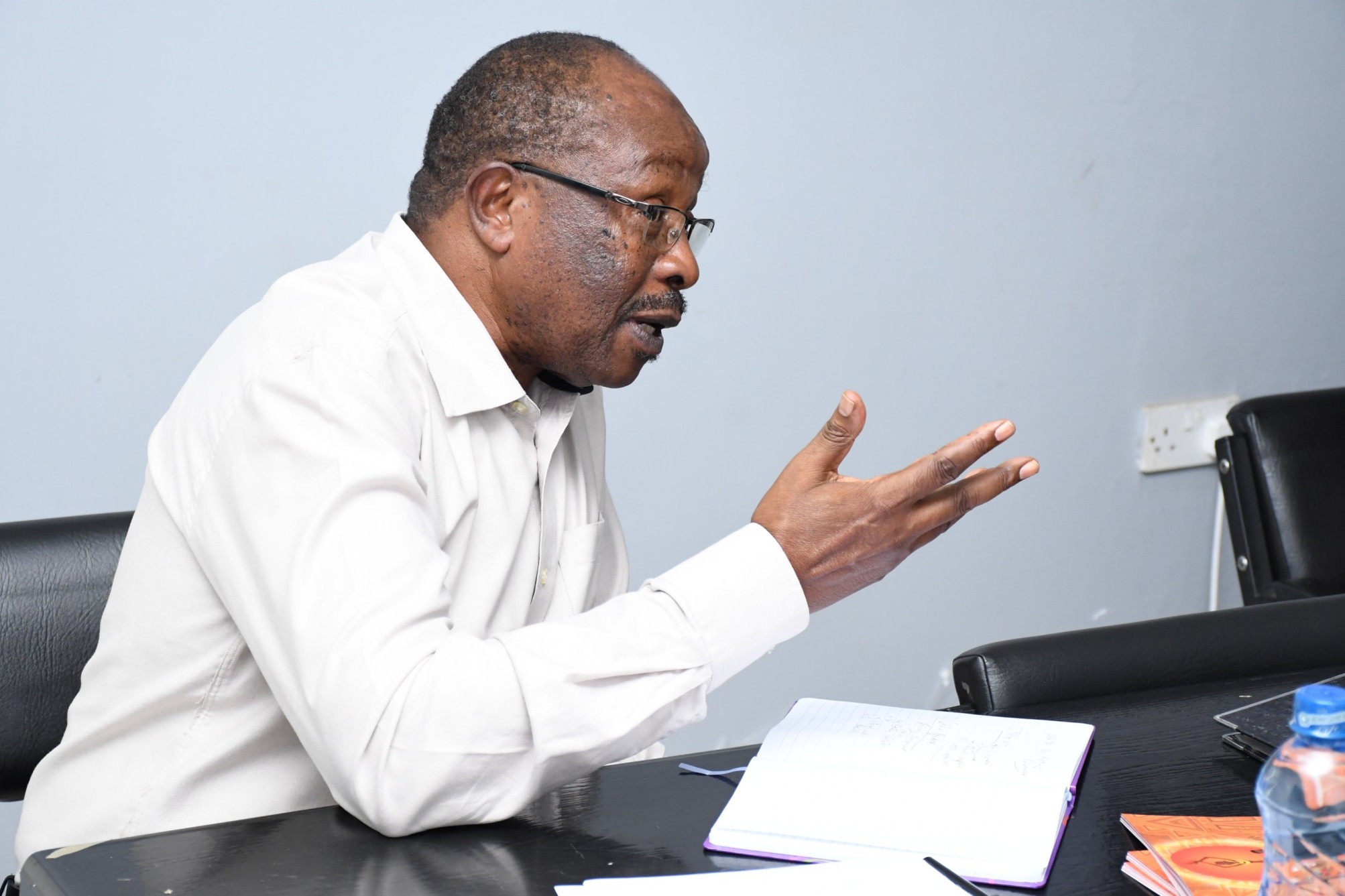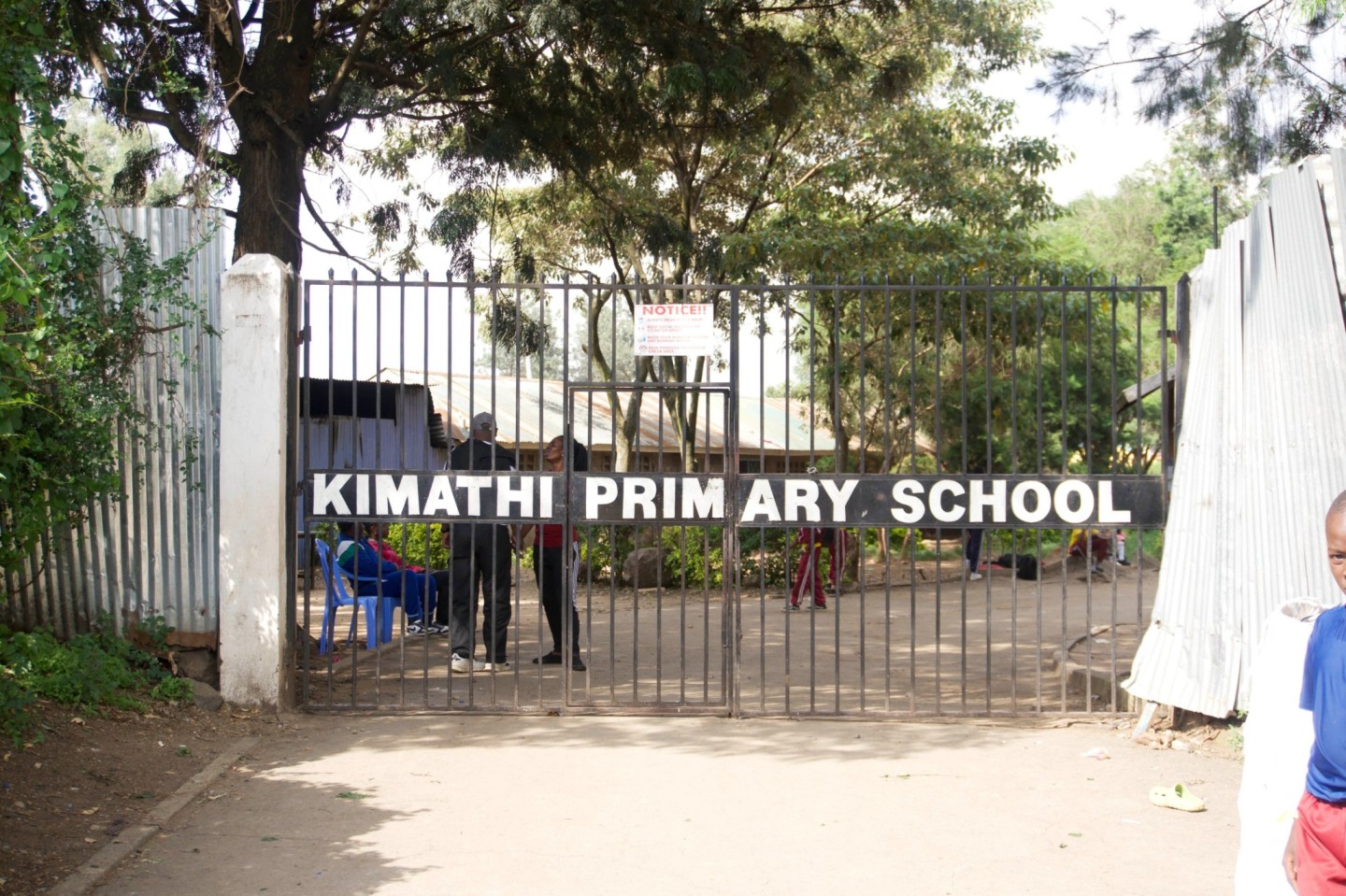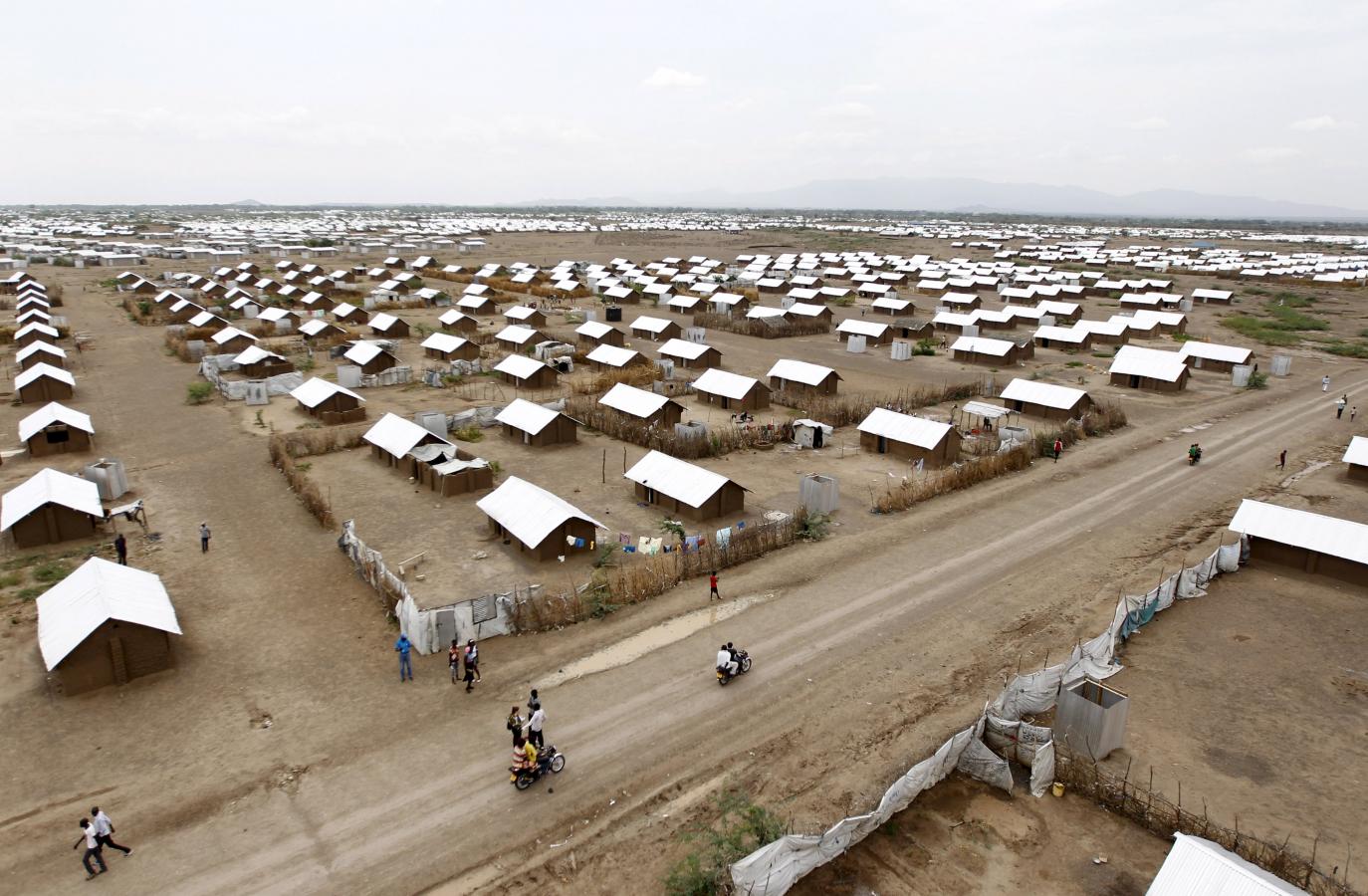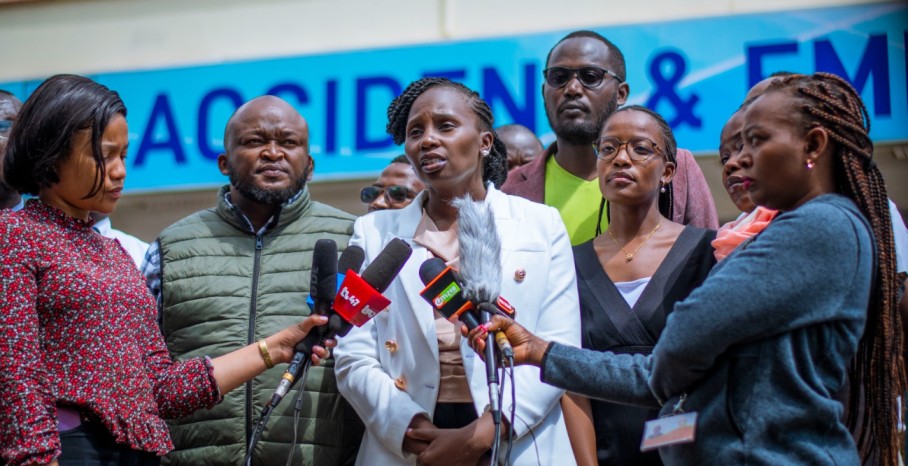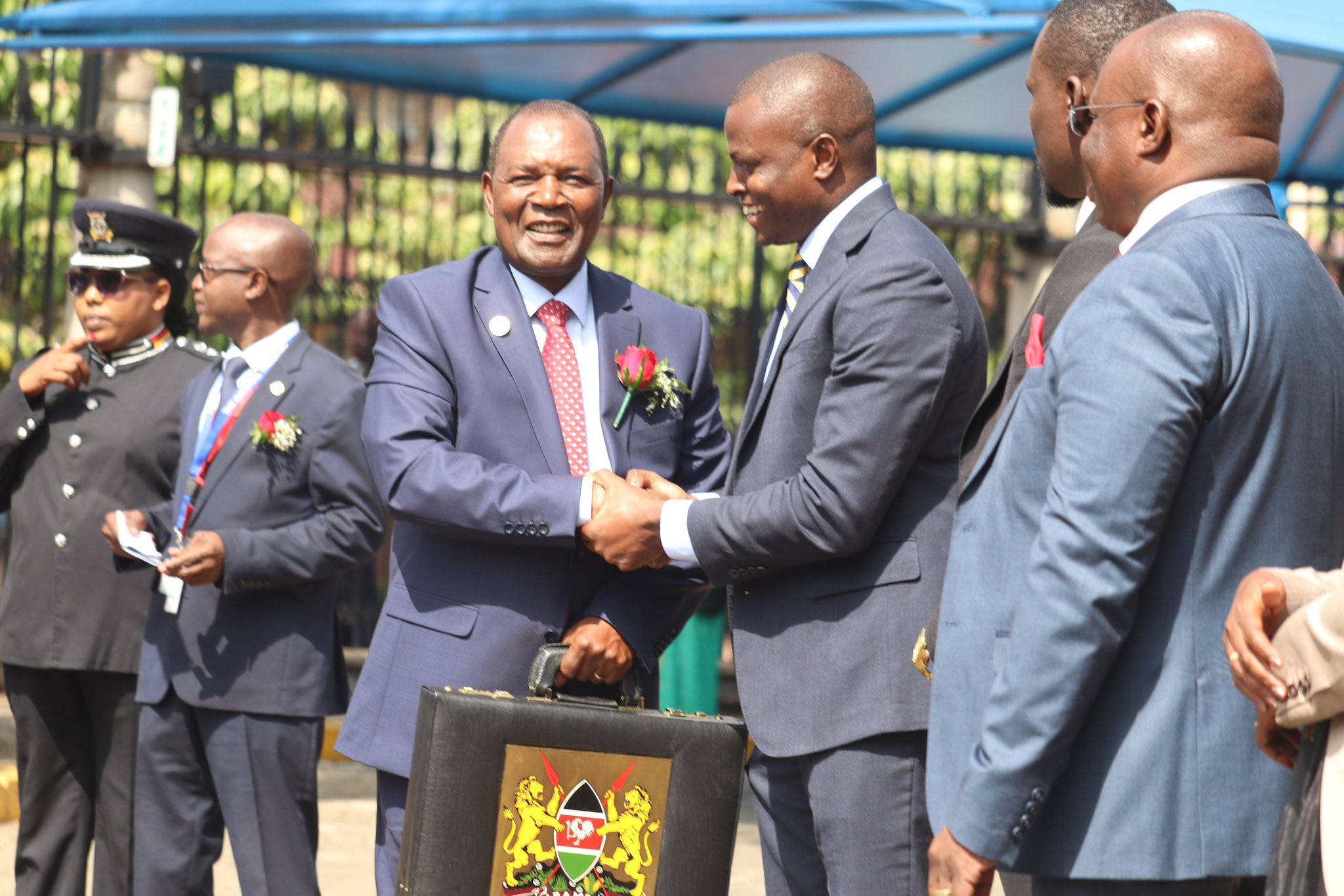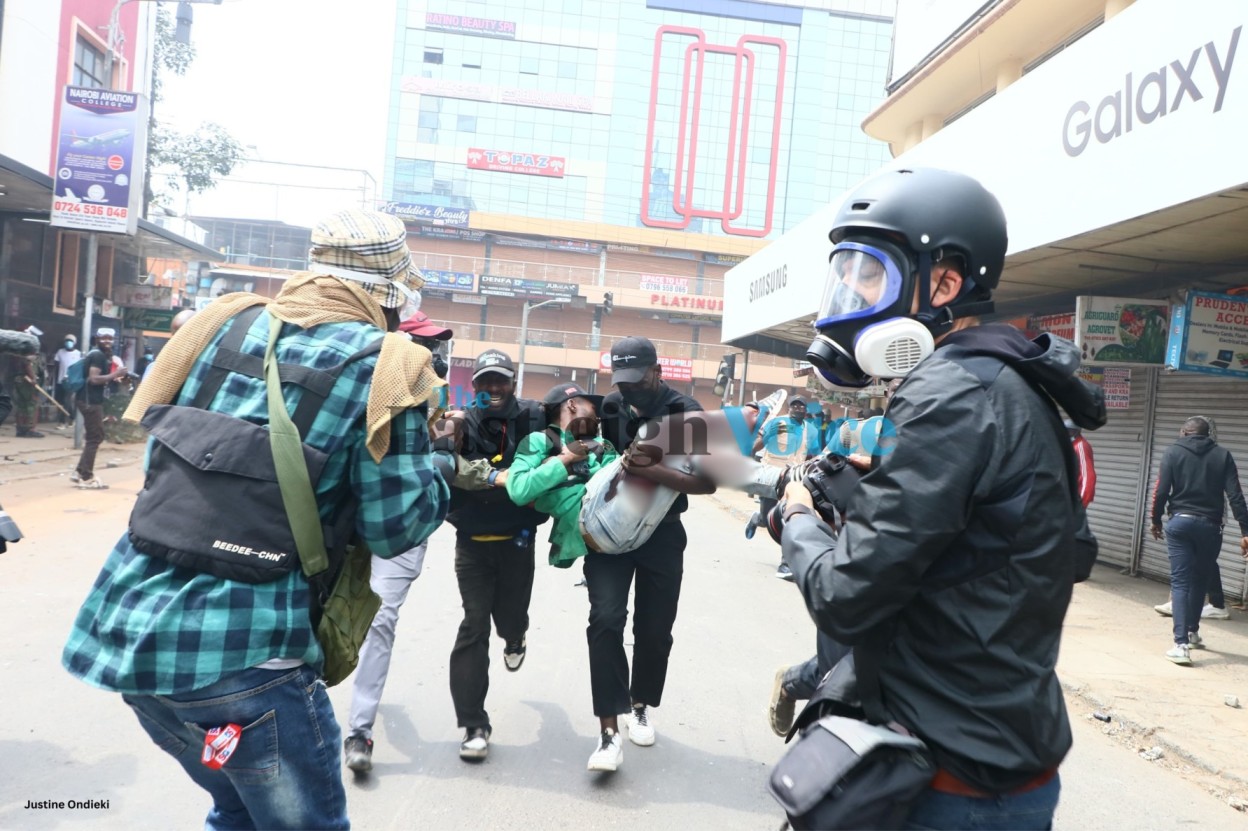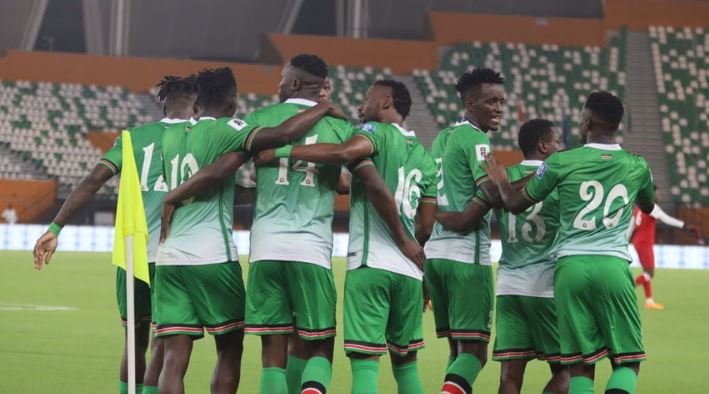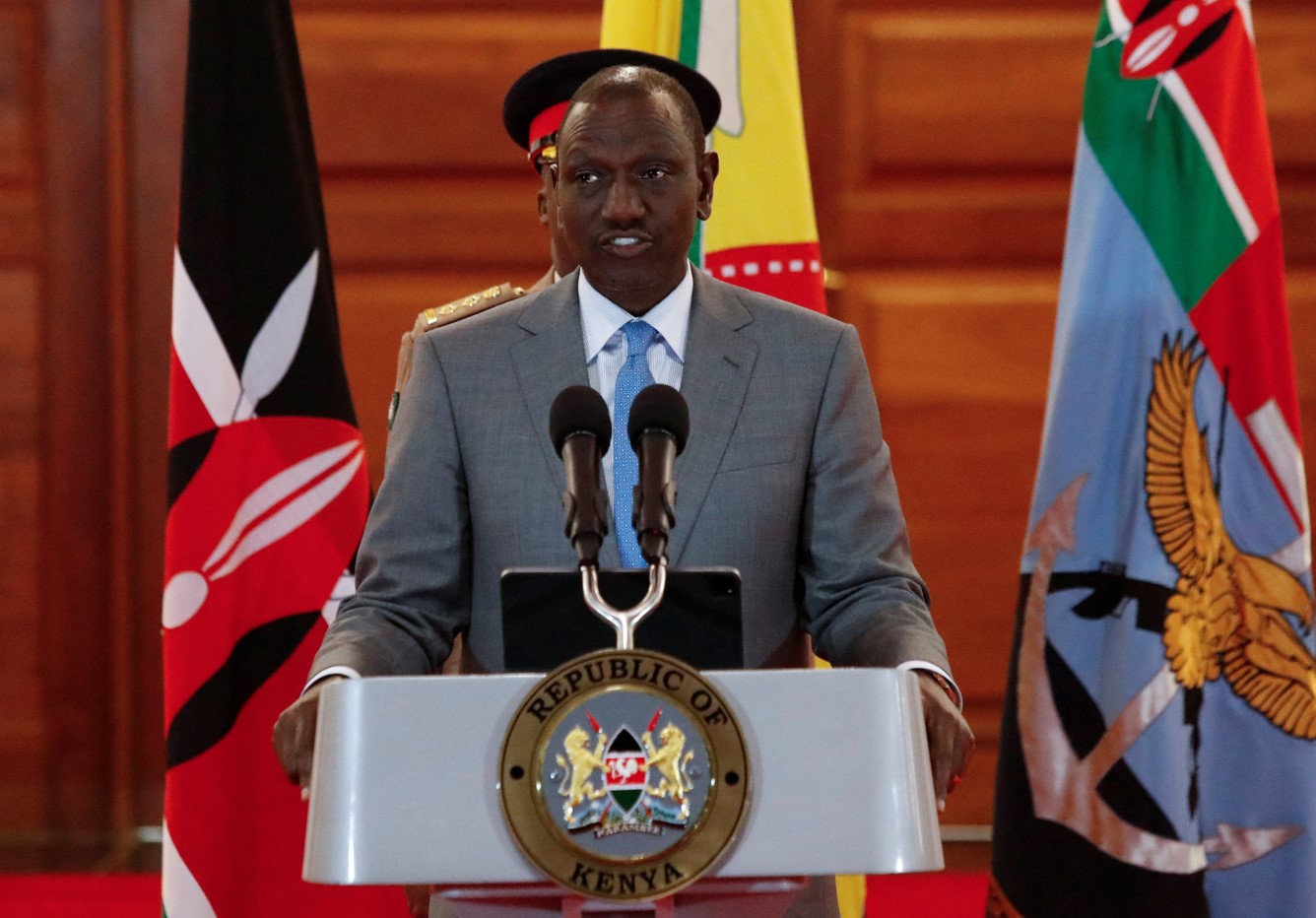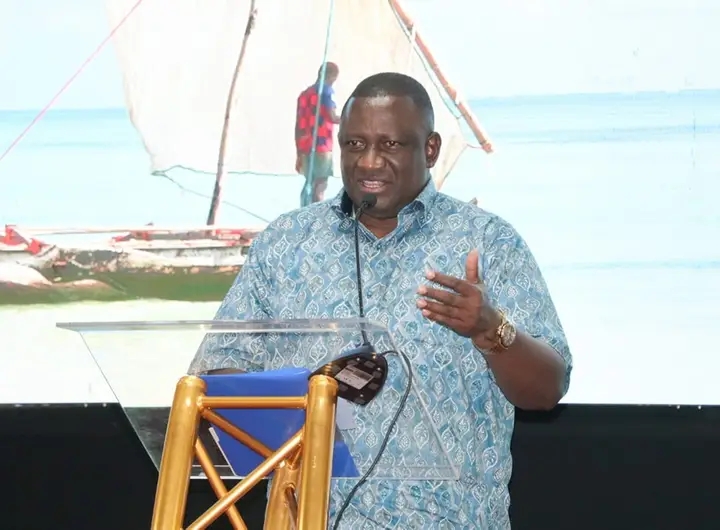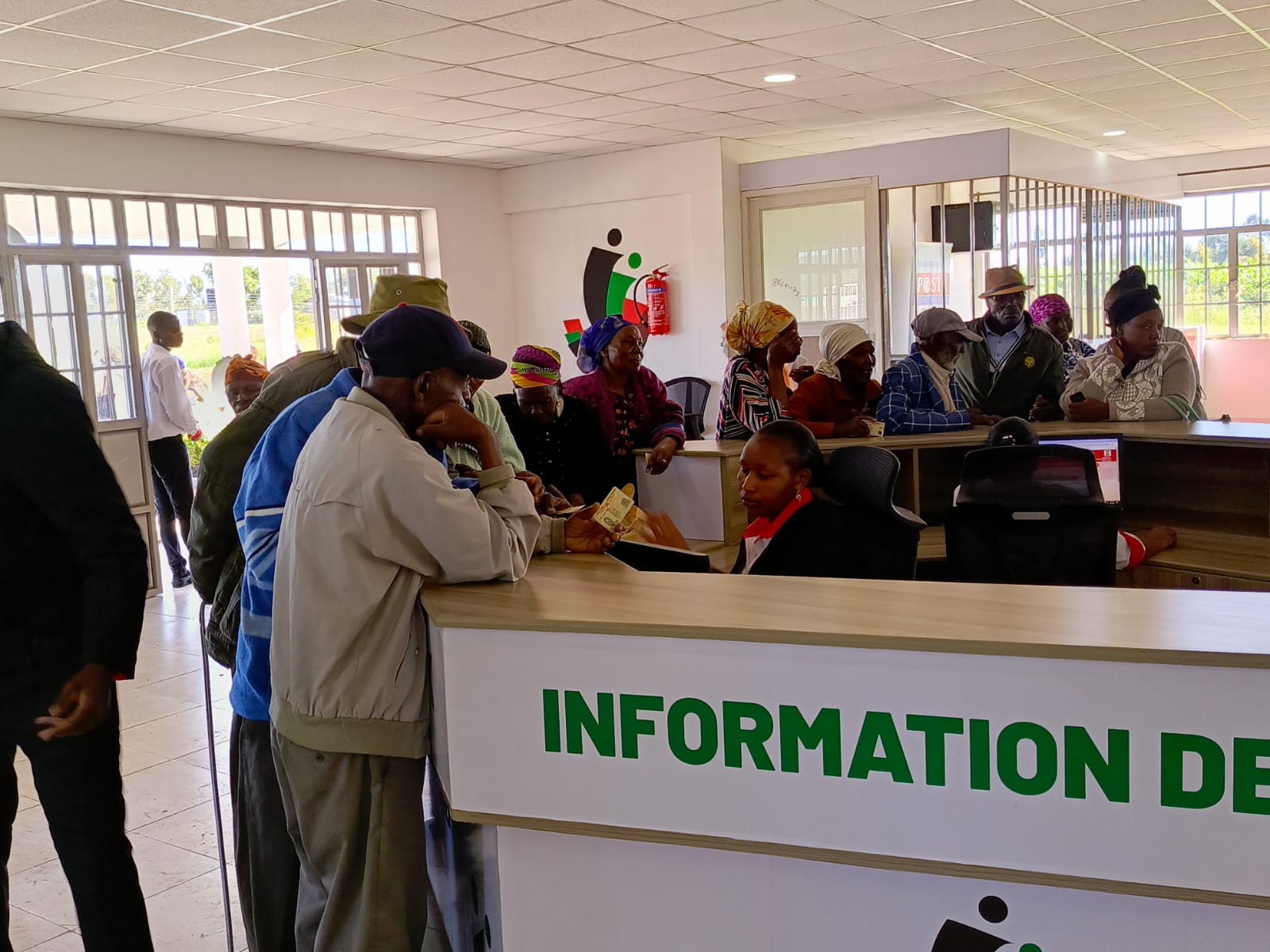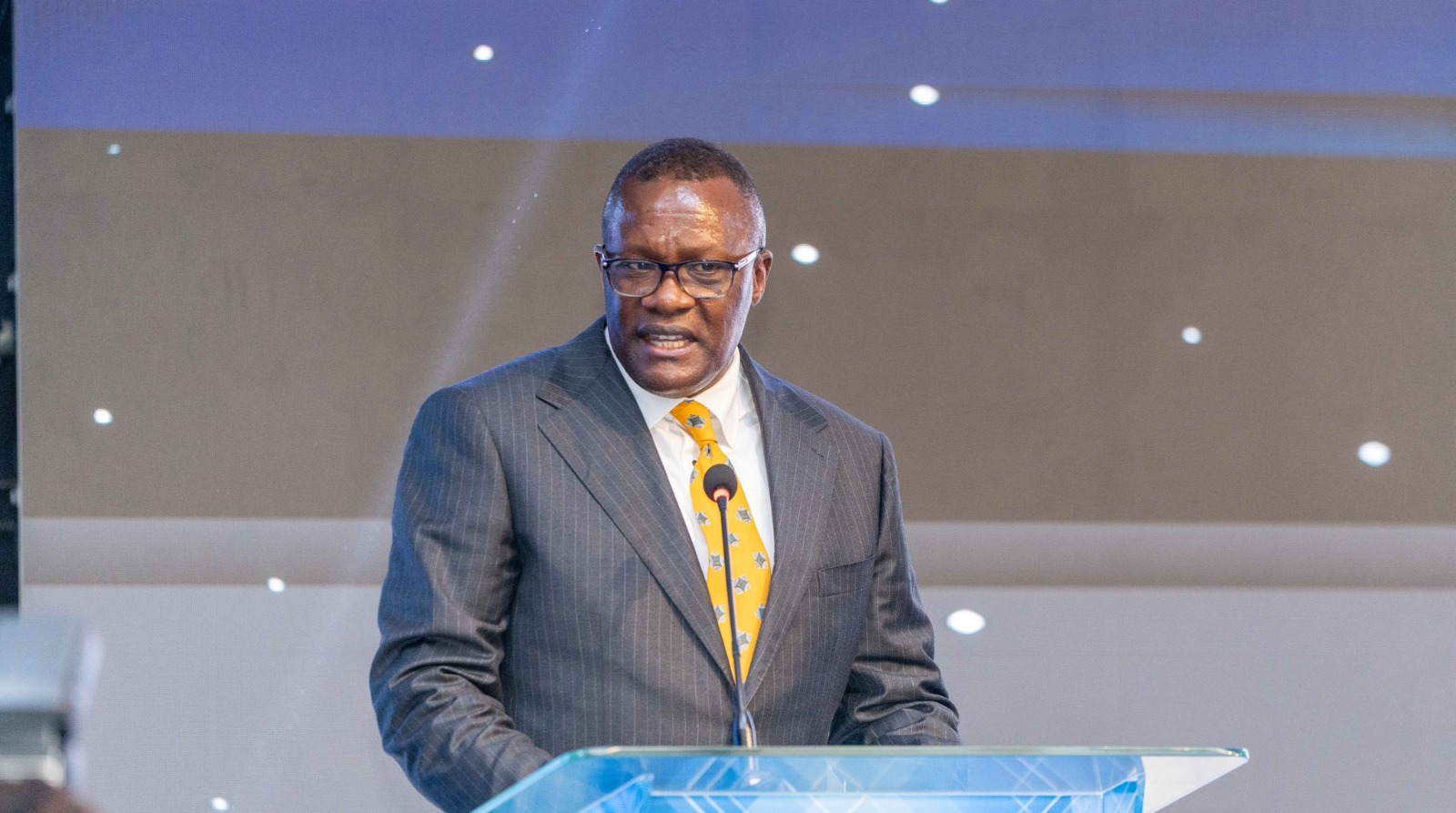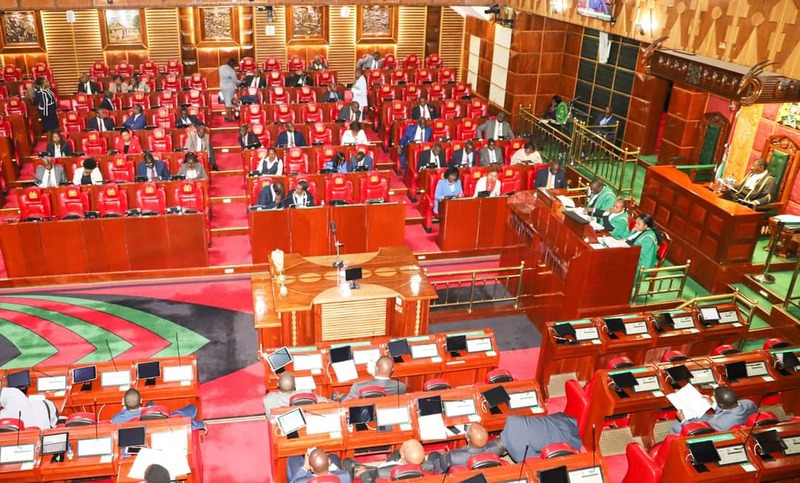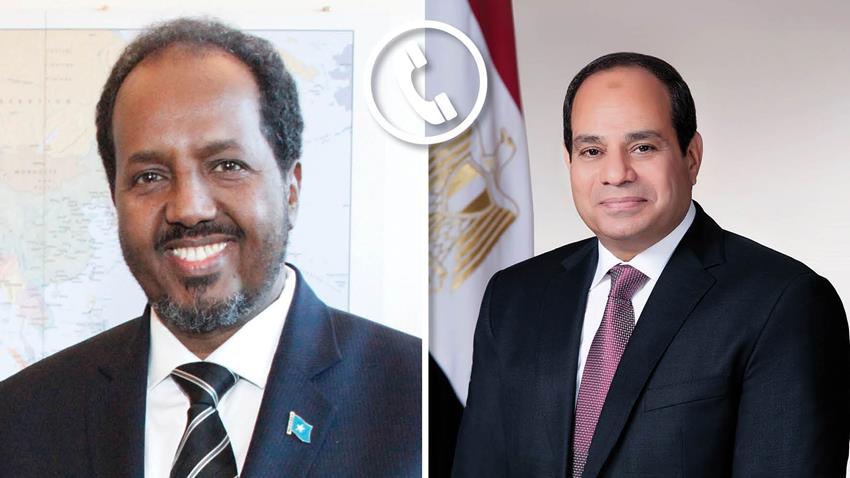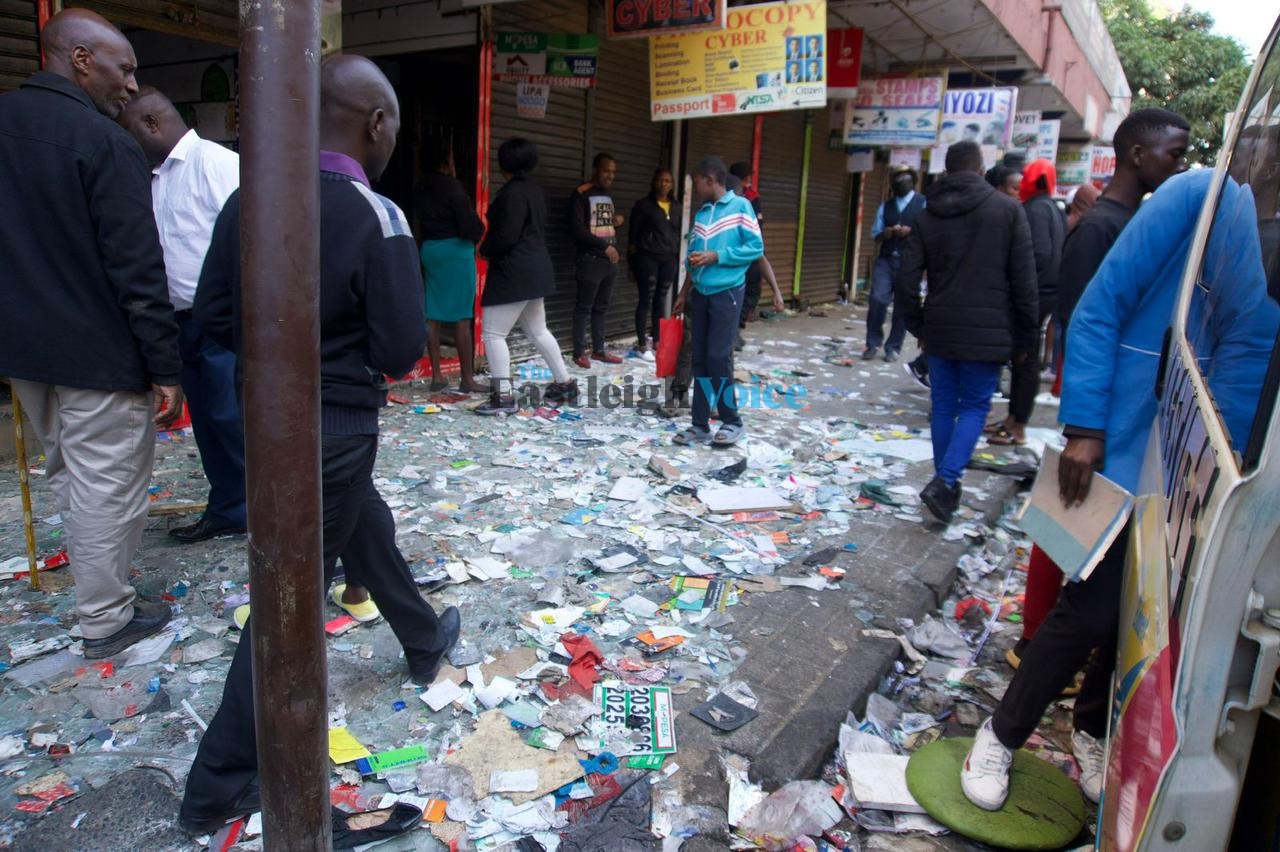Kenya's education system in crisis, lobby says, demands action
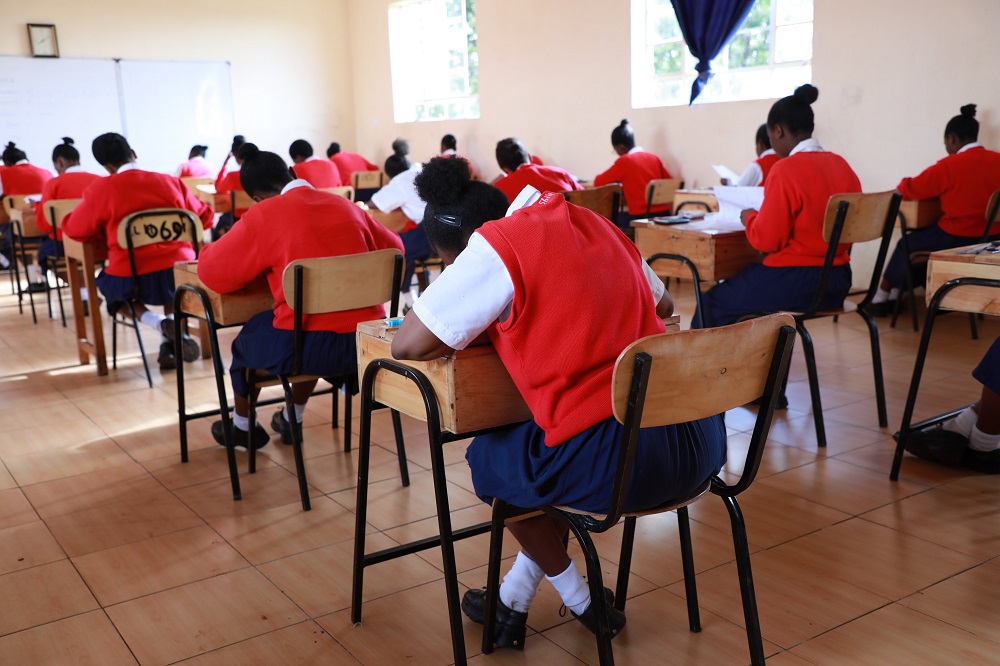
By Lucy Mumbi |
Elimu Bora Working Group highlights issues including an insufficient budget, lack of integrity in the national exams and problems in the recruitment of teachers.
Kenya's education system is in crisis, members of the Elimu Bora Working Group have said, noting the lack of proper solutions to challenges that have existed for a long time.
The government has been making numerous changes including integrating school fee payments via the Citizen platform, in a bid to tame corruption and other vices and enhance accountability.
Keep reading
In a statement on Sunday, however, the group said the eCitizen payment system is poised to become Kenya's biggest scandal.
"There are missteps, and our education sector is running into ruins. Examples abound, and it appears no one in this regime cares to sort this mess," read the statement. The group further noted that junior secondary schools remain domiciled in primary institutions yet the Ministry of Education initially established that they would be moved to secondary school premises.
Additionally, the statement said, "The implementation of a new higher education funding model was hastily executed, excluding qualified and deserving students from accessing tertiary education and training."
National exams
The group also highlighted errors in the 2023 national exams, saying they have undermined the integrity of exams.
"The 2023 KCPE results for 1.4 million students were hastily released, containing numerous errors and omissions. This has compromised the integrity of national examinations, including the 2023 Kenya Certificate of Secondary Education (KCSE), which suffered from inaccuracies in its results," the group said.
It added that even though the government promised to hire 37,000 teachers, the contractual terms offered were inequitable.
The group members said that approximately 30,000 recruits were initially brought in as interns for a one-year term, which was unexpectedly extended for another year, raising questions about transparency and fairness in the hiring process.
They also questioned Parliament's allocation of Sh628.6 billion to education in the current financial year, yet the state failed to release 37 per cent of capitation funds to schools in 2023. They noted that the Treasury released a Sh31 billion capitation fund to schools for 2024 term one, yet pending bills remain unpaid due to the unremitted capitation grant in 2023.
100% transition policy
The group also mentioned free education, saying that despite the constitutional mandate for free and compulsory basic education, over 130,000 students, out of the 1.4 million who wrote their KCPE exams in 2023, cannot join Form One due to financial constraints.
"In 2022, all KCSE candidates were instructed to enrol in universities and colleges. Unfortunately, the government failed to disburse loans, leading to financial challenges for students during the September-December semester. Many did not sit for the end-of-semester exams due to the lack of exam cards issued upon fee clearance," it said in the statement.
The members also faulted the government for not taking adequate measures to advance the education of students who failed their national exams.
"Despite this regime's 100 per cent transition policy, it has done little to achieve quality. Out of 899,453 students who took the KCSE exam in 2023, 48,174 received a grade E, showing the quality of education is going down. Only 22.3 per cent secured a minimum entry grade to university while 77.7 per cent did not make the cut," the members said.
"Unfortunately, no measures have been taken to return these students to class or improve the quality of education."
Further, they added that Members of Parliament have pointed out a lack of clear policies and legislative frameworks necessary for the successful implementation of proposed education reforms.
This discrepancy, they said, underscores the need for comprehensive planning and coordination to address the systemic issues plaguing the education system.
"President William Ruto championed the Presidential Working Party on Education Reforms (PWPER) as a solution to the challenges in our education sector. However, concerns raised by MPs suggest a lack of clear policies and legislative frameworks to implement PWPER's recommendations," read the statement.
Proposed solutions
The lobby demanded public mobilisation to ensure all children report to school.
It also called for the cessation of discordant roadside policy pronouncements and asked the government to consolidate all public bursary funds and depoliticise education financing.
"The regime must also establish a National Education Fund to guarantee that all students get free and compulsory basic education, and enhanced access to tertiary education," the members said.
"Public education for all - including the vulnerable, children with disabilities, urban slum residents, rural poor, hard-to-reach people, and insecure communities - must be planned and implemented based on a holistic school approach."





